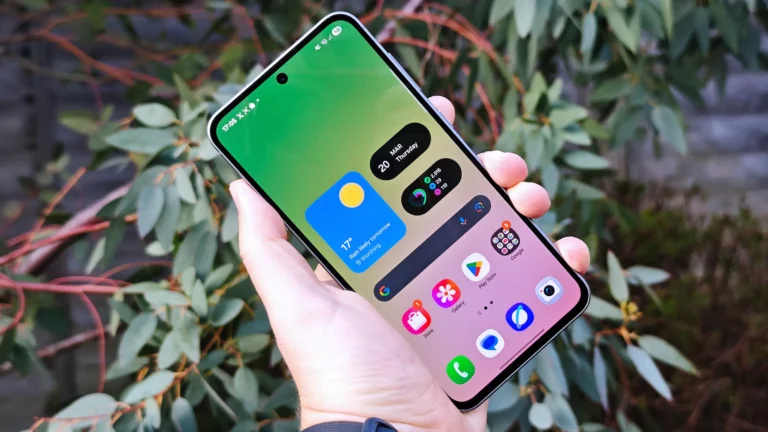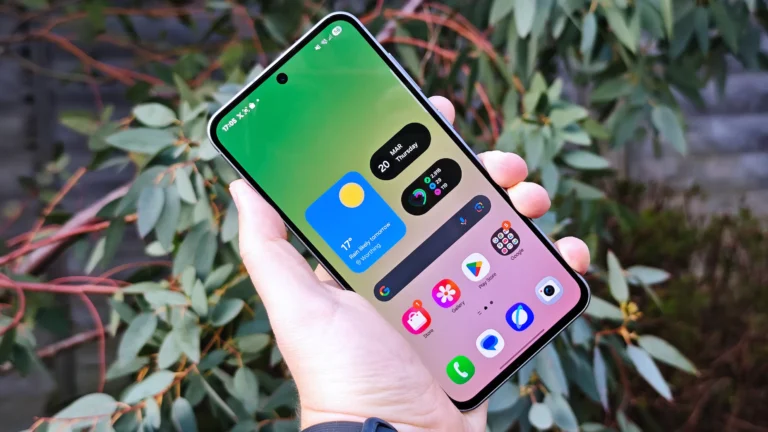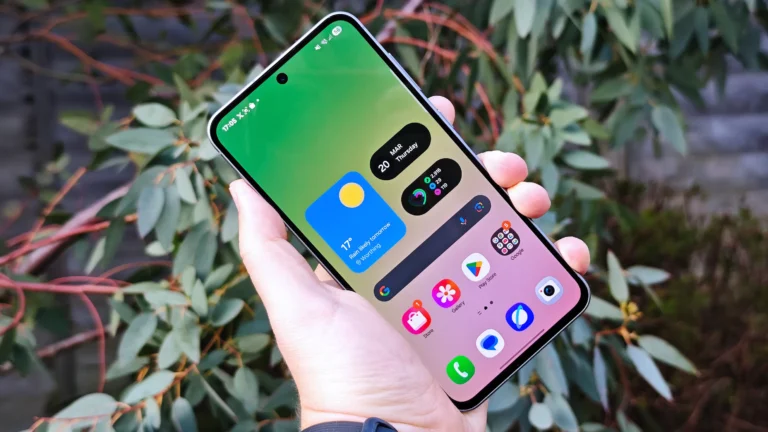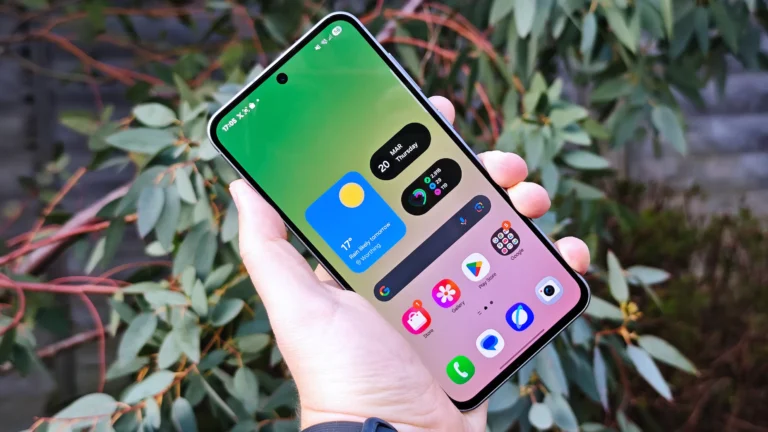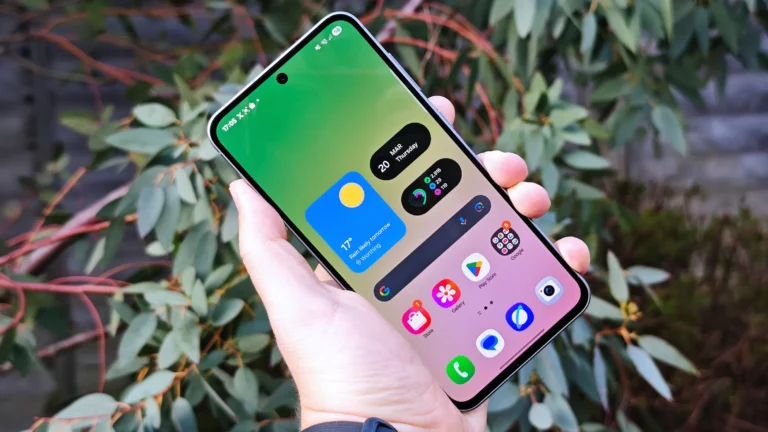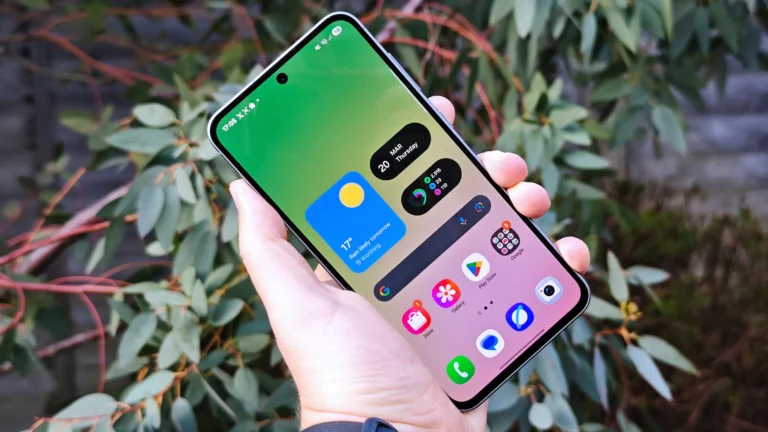Vivo V60e wireless connectivity tested across USA networks
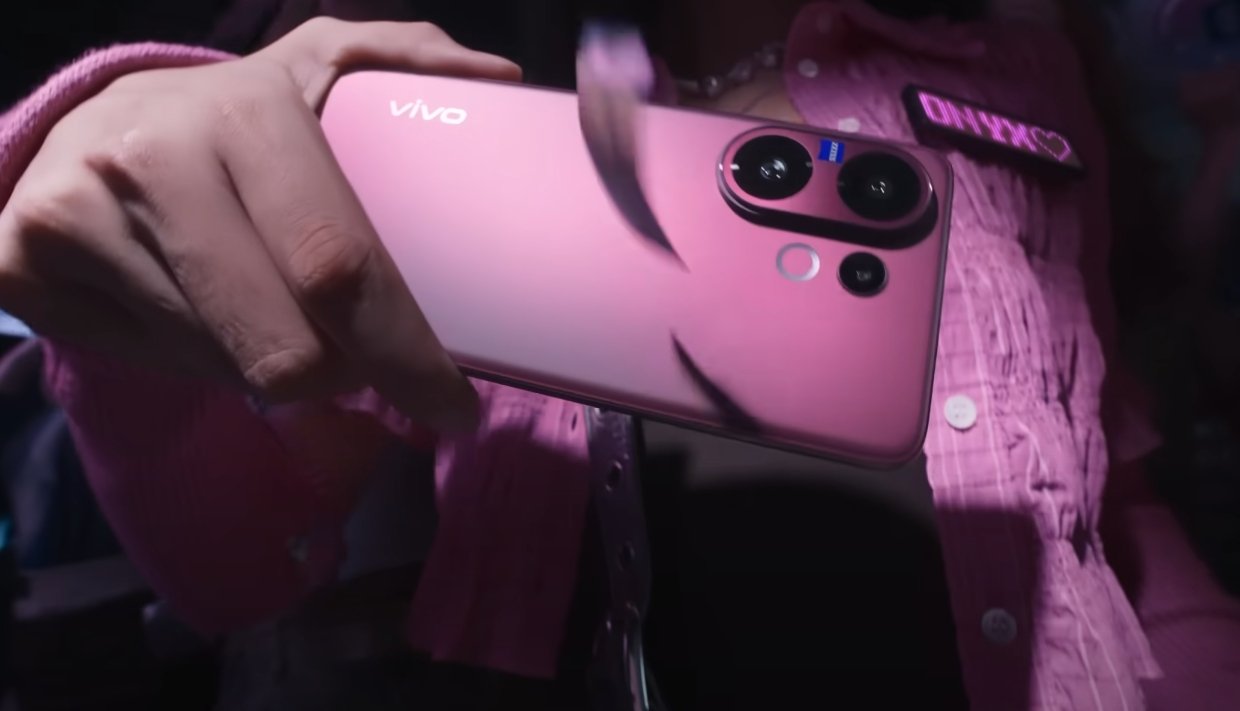
First-Hand Tests Reveal Network Compatibility and Performance
Independent testers and reviewers have conducted preliminary wireless performance evaluations of the Vivo V60e across major U.S. carriers and found that the smartphone handles most modern standards reliably. While the full commercial launch is still pending, early testing suggests viable network support and performance for American users.
In trials on AT&T, Verizon, T-Mobile, and smaller regional operators, the V60e successfully connected to 4G LTE bands and initial 5G frequencies where available. The device reportedly achieved stable data rates during peak and off-peak hours, with minimal drops in service during handoffs between cell sites. In areas with strong coverage, speeds approached theoretical mid-tier 5G performance levels.
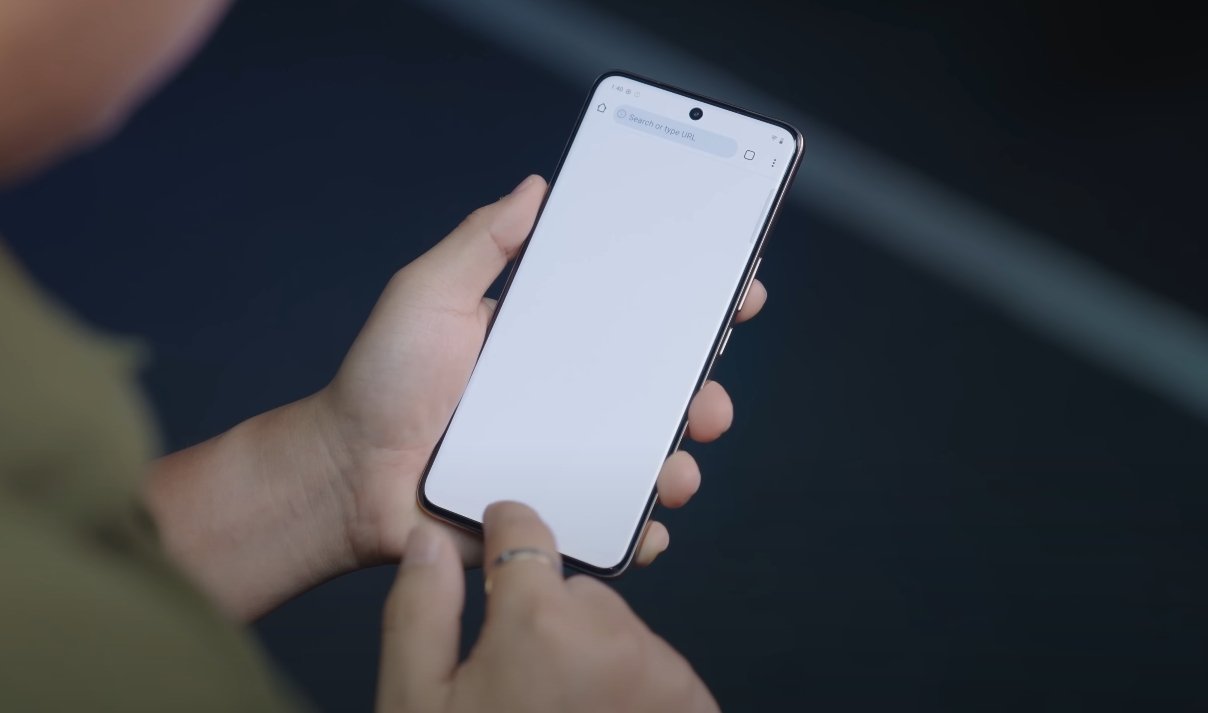
Signal strength measurements during drive tests showed consistent reception in suburban and urban zones, with some expected attenuation inside buildings and in low-coverage areas. The V60e was also tested in a mix of open highways, residential zones, and commercial districts. In each case, the device maintained usable throughput, though performance slowed at cell edges or in densest urban cores.
The phone’s Wi-Fi and Bluetooth modules performed well in lab assessments. The V60e demonstrated stable connections over dual-band Wi-Fi (2.4 GHz and 5 GHz) with solid download and upload throughput, and the Bluetooth radio held audio streams and peripheral links without noticeable dropouts even at moderate distances. GPS and location services also locked quickly and held accurate positioning in test scenarios.
One area of note: in some carrier-specific tests, the V60e failed to latch onto certain less common LTE or 5G bands—especially in rural zones—leading to fallback to 4G only. While this does not appear to affect performance in major metro areas, it could limit experience for users in remote settings. Also, carrier-level features like WLAN calling and HD voice may require firmware updates or carrier support to work flawlessly.
Overall, the wireless connectivity testing of the Vivo V60e across U.S. networks is promising. The device seems capable of meeting core expectations for midrange users who demand solid data speeds, stable signal, and modern standards. As real-world deployment expands, further testing will validate whether it can fully compete with established brands in the American telecom environment.

